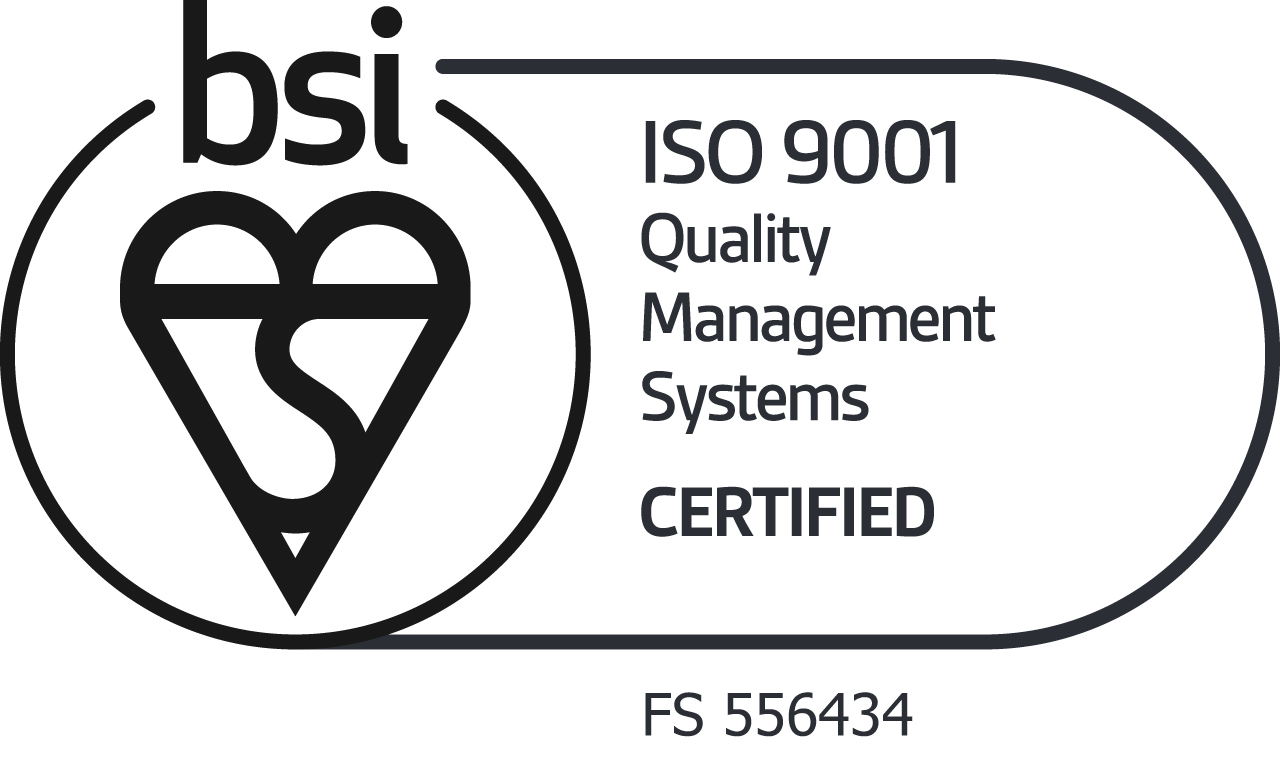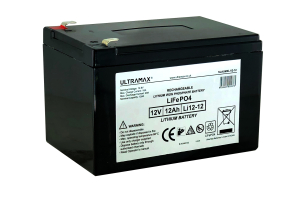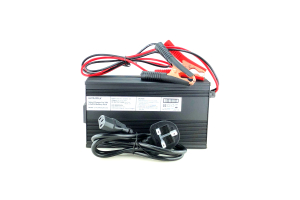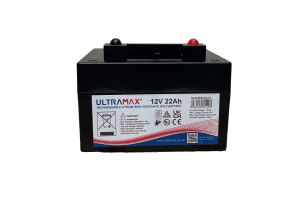Is LiFePO4 Battery the same as Lithium Ion Battery?
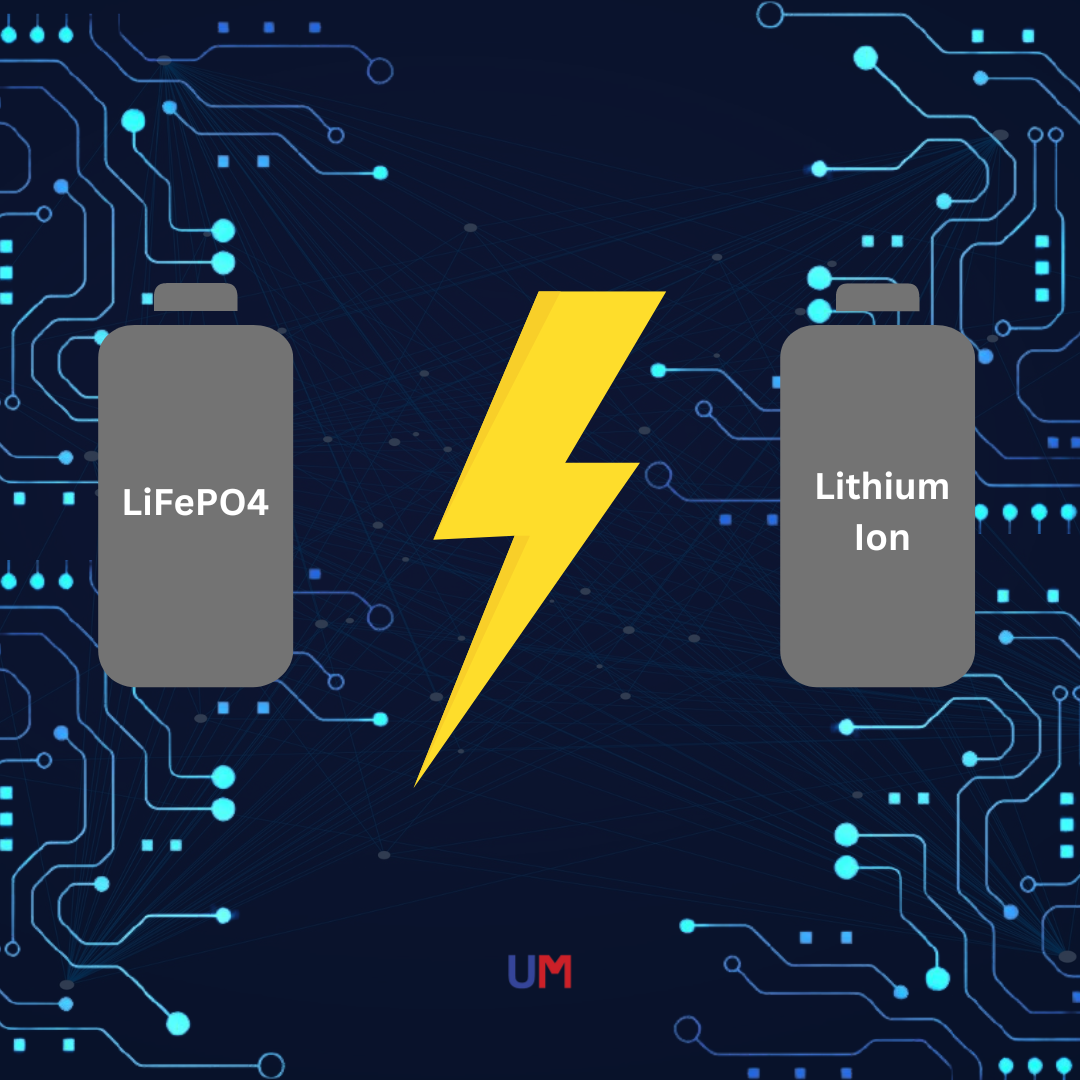
Is LiFePO4 Battery the same as Lithium Ion Battery?
Lithium Iron Phosphate (LiFePO4), also known as LFP, is a type of lithium-ion battery chemistry. While both are types of lithium batteries, they have some important differences in terms of their chemical composition and performance characteristics.
- Cathode Material: The performance of the cathode material can affect the battery’s energy density, power density, cycle life, and safety and can thus make them more suitable for certain applications than others. The cathode material of a LiFePO4 battery is lithium iron phosphate, while the cathode material of a conventional lithium-ion battery is usually lithium cobalt oxide (LiCoO2) or lithium manganese oxide (LiMn2O4). Li-ion batteries are known for their high energy density and thus are more suitable for consumer electronics such as smartphones, laptops, tablets, etc. Whereas, LiFePO4 batteries are known for their lower energy density and are thus suitable for power tools, medical devices, emergency backup power systems, etc.
- Voltage: The voltage of a battery is a critical characteristic that affects the battery’s ability to supply electrical power, its compatibility with other electrical components, and its overall performance and lifespan. The nominal voltage of a LiFePO4 battery is around 3.2 volts, while the nominal voltage of a conventional lithium-ion battery is around 3.6 volts.
- Energy Density: Lithium Iron Phosphate (LiFePO4) cells have a lower energy density than conventional lithium-ion cells, which means they store less energy per unit weight or volume. However, this also means that they are less volatile and generally safer to use compared to other lithium-ion chemistries.
- Cycle Life: LiFePO4 batteries have a longer cycle life than conventional lithium-ion batteries, which means they can be charged and discharged more times before their performance begins to degrade. This makes them a good choice for applications where longevity and reliability are important, such as solar power storage and backup power systems.
- Safety: LiFePO4 batteries are known for their improved safety compared to other lithium-ion battery chemistries. They have a lower risk of thermal runaway, which can occur when a battery overheats and can lead to fire or explosion.
Overall, LiFePO4 batteries are often used in applications where safety, longevity, and reliability are top priorities, such as electric vehicles, solar power storage, and backup power systems. Conventional lithium-ion batteries are often used in applications where high energy density is a top priority, such as mobile devices and laptops.
Explore our range of UltraMax LiFePO4 Batteries!

